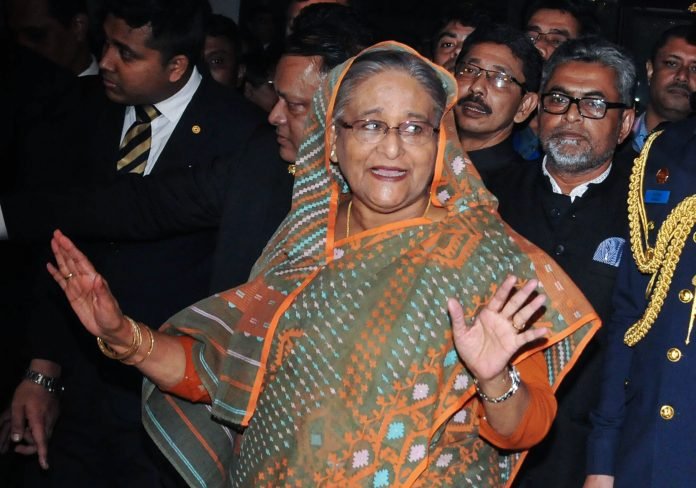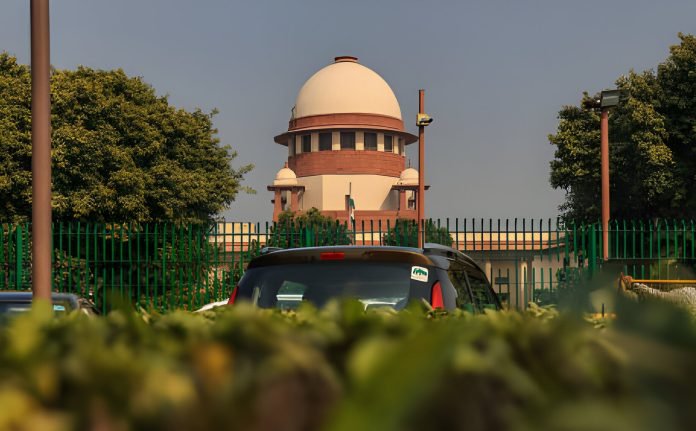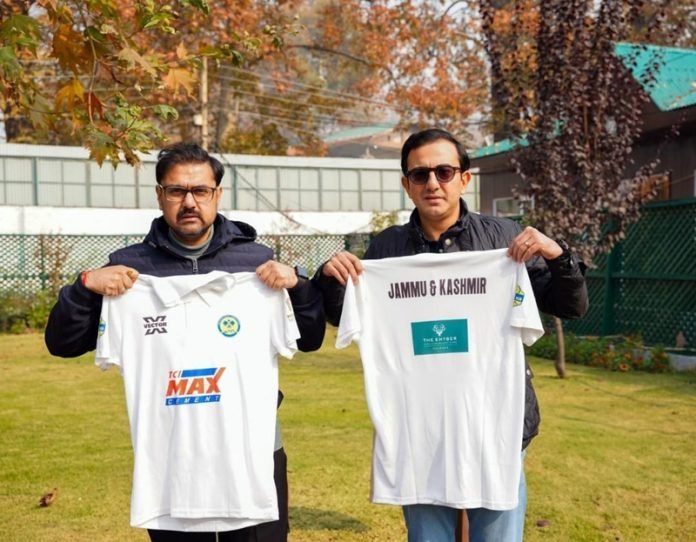Ousted former Prime Minister Sheikh Hasina of Bangladesh stated she will only return to her homeland once there is a restoration of participatory democracy. In an exclusive interview with PTI from an undisclosed location in India, Hasina emphasized the need for lifting the ban on her party, the Awami League, and conducting free, fair elections. The 78-year-old leader’s comments come amid mounting political turmoil in Bangladesh.
Hasina expressed gratitude towards the Indian government for offering her refuge during her period of exile. She noted, “I am immensely grateful to India’s government and its people for their kind hospitality.” Her return hinges on conditions that reflect the will of the Bangladeshi people:
“The most important condition for my return to Bangladesh is the same condition that the Bangladeshi people require: a return to participatory democracy,” she stated firmly. She criticized the interim administration for banning her party and insisted that the upcoming elections must accommodate the Awami League to ensure legitimacy.
On August 5, 2024, Hasina left Bangladesh amid violent anti-government protests that forced her resignation. Reflecting on her leadership during the upheaval, Hasina acknowledged, “Obviously, we lost control of the situation and that was regrettable,” attributing the unrest to politically charged individuals within the student population.
Addressing rumors surrounding the elections scheduled for February 2025, Hasina firmly rebutted any claims of a boycott call. “Any election excluding the Awami League would lack legitimacy,” she declared, emphasizing that millions of voters support her party.
In a pointed critique of the interim government led by Dr. Muhammad Yunus, Hasina remarked that his actions jeopardize Bangladesh’s crucial ties with India. She stated, “Yunus’ hostility to India is foolish and self-defeating… He is unelected, chaotic, and dependent on extremist forces.” She warned that Yunus’s diplomatic errors could significantly affect bilateral relations.
Hasina took a stand for her integrity, offering to face trial under international supervision. She stated, “I am willing to stand trial under international monitoring, even at the International Criminal Court (ICC).” She accused the Yunus administration of avoiding scrutiny due to fears that an impartial tribunal would vindicate her.
Denouncing the Bangladesh International Crimes Tribunal, which she described as a tool for her political marginalization, Hasina called it a “kangaroo tribunal” aimed at destroying her and the Awami League, unveiling her commitment to democratic processes. “The fact that they would use the death penalty to silence opponents shows how little respect they have for democracy or due process,” she emphasized.
Hasina expressed concern that Yunus initially garnered some support from Western liberals, but suggested this backing dwindles as these observers witness Yunus’s alignment with radical elements, discriminatory policies against minorities, and attempts to undermine constitutional norms.
As the political conditions in Bangladesh evolve, Hasina’s return is contingent upon a decisive shift towards democratic governance, crucial for stabilizing the ongoing political crisis.



